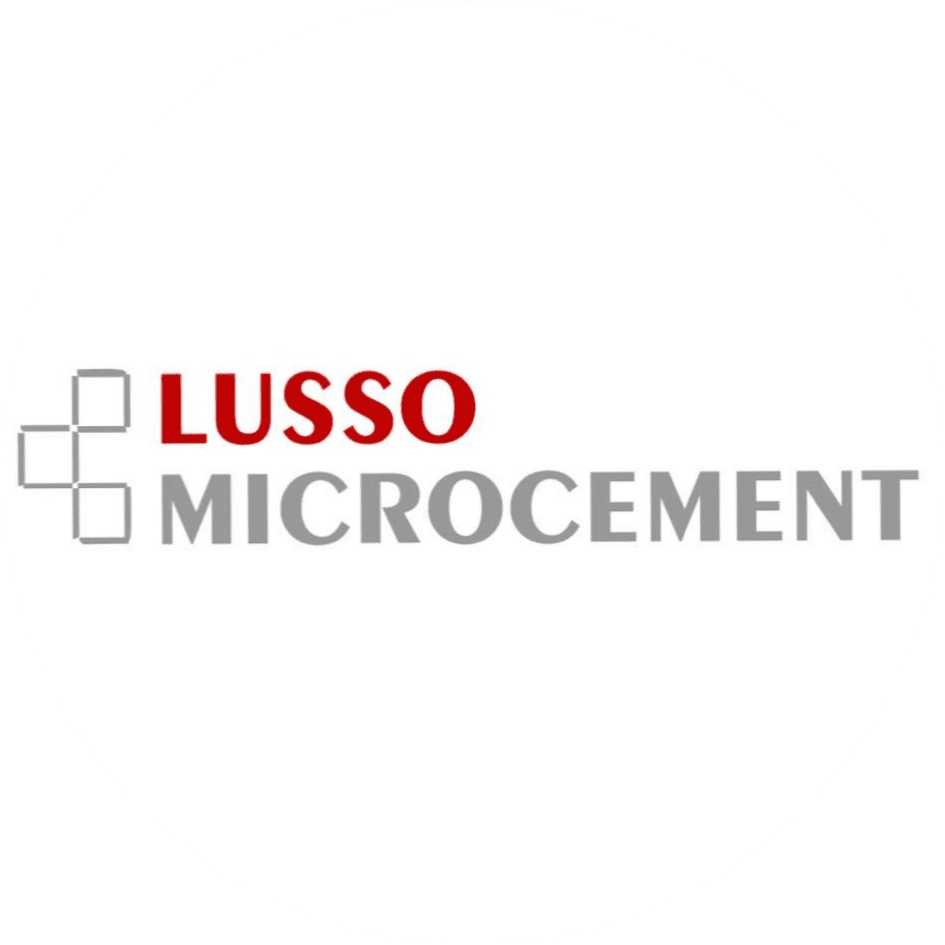
Exploring the Environmental Benefits of Microcement Flooring

Published on Mar. 8th, 2024
Introduction
Microcement has emerged as a popular choice for environmentally conscious homeowners and designers seeking sustainable flooring solutions. In this comprehensive guide, we'll explore the myriad environmental benefits of microcement, from its low carbon footprint to its eco-friendly production processes.
Understanding Microcement
Microcement is a versatile material made from a blend of cement, fine aggregates, and polymers. It is applied in thin layers to create seamless surfaces on floors, walls, and even furniture. Unlike traditional flooring materials, microcement offers a combination of durability, aesthetics, and sustainability.
The Rise of Sustainable Design
With growing awareness of environmental issues, there's a heightened demand for sustainable design solutions. Microcement aligns perfectly with this trend, offering a green alternative to traditional flooring materials. Its versatility and eco-friendly attributes make it an attractive choice for eco-conscious consumers and design professionals alike.
Key Environmental Considerations
When evaluating the environmental impact of flooring materials, several factors come into play. Microcement stands out for its minimal resource consumption, energy-efficient production processes, and low emissions. By considering these key environmental considerations, homeowners and designers can make informed decisions that prioritize sustainability.
The Importance of Sustainable Flooring
Flooring plays a significant role in the overall sustainability of a building. By choosing sustainable flooring materials like microcement, homeowners and designers can reduce their carbon footprint, conserve resources, and promote a healthier indoor environment. Sustainable flooring options contribute to a more sustainable built environment and support the transition to a greener future.
Minimal Resource Consumption
Microcement requires fewer raw materials compared to traditional flooring materials such as hardwood or ceramic tiles. Its thin application and efficient use of resources minimize waste and reduce strain on natural resources. By opting for microcement, homeowners and designers can reduce their environmental impact without compromising on quality or aesthetics.
Energy Efficiency
The production process for microcement is energy-efficient, resulting in lower carbon emissions compared to other flooring materials. Manufacturers use advanced technologies and efficient practices to minimize energy consumption and reduce environmental impact. By choosing energy-efficient products like microcement, consumers can support sustainable manufacturing practices and reduce their carbon footprint.
Reduced Transportation Impact
Microcement is lightweight and compact, making it more efficient to transport compared to bulkier flooring materials. This reduces fuel consumption and greenhouse gas emissions associated with transportation, further lowering its carbon footprint. By minimizing transportation impact, microcement contributes to a more sustainable supply chain and reduces environmental pollution.
Longevity and Durability
Microcement is known for its durability and longevity, with properly installed floors lasting for decades. Its robust construction and resistance to wear and tear minimize the need for frequent replacements, reducing waste and conserving resources. By investing in durable flooring materials like microcement, homeowners can enjoy long-term sustainability and minimize their environmental impact.
Minimal Water Usage
Microcement production involves minimal water usage compared to traditional concrete manufacturing processes. Manufacturers optimize water usage and implement water-saving technologies to minimize waste and conserve freshwater resources. By reducing water consumption, microcement production contributes to water conservation efforts and promotes sustainable manufacturing practices.
Waste Reduction
The production process for microcement generates less waste compared to traditional flooring materials. Manufacturers implement efficient production techniques and recycling programs to minimize waste generation and maximize resource utilization. By reducing waste, microcement production supports a circular economy and reduces the environmental impact of manufacturing operations.
Recycled Content
Some microcement manufacturers incorporate recycled materials into their products, further reducing the environmental impact. By using recycled content, manufacturers divert waste from landfills and reduce the need for virgin raw materials. By choosing products with recycled content, consumers can support recycling initiatives and promote a more sustainable supply chain.
Low VOC Emissions
Microcement typically has low volatile organic compound (VOC) emissions, contributing to a healthier indoor environment. Low VOC emissions minimize indoor air pollution and reduce the risk of respiratory problems and allergic reactions. By choosing low-VOC products like microcement, homeowners can create a healthier living space for themselves and their families.
Conclusion
In conclusion, microcement offers a range of environmental benefits that make it a sustainable flooring solution for modern design projects. Its low carbon footprint, eco-friendly production processes, and long-term durability make it an attractive choice for environmentally-conscious consumers and design professionals. By choosing microcement, homeowners and designers can contribute to a more sustainable built environment and promote a greener future for generations to come. If you're interested in contacting Lusso Finishes for your microcementing needs, call now at 07833 146657.
Get in Touch
Embark on your journey to luxurious surfaces by reaching out to us. Whether you have questions, want to schedule a consultation, or are ready to transform your space, we're here to help.
Give us a ring
07833 146657Send us an email
[email protected]